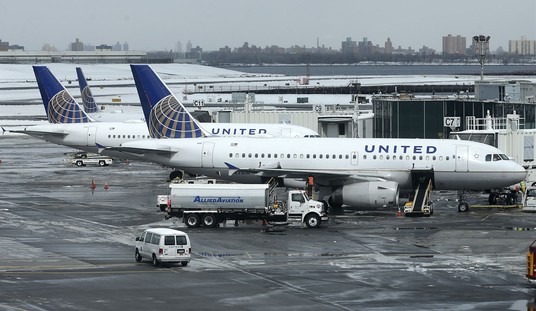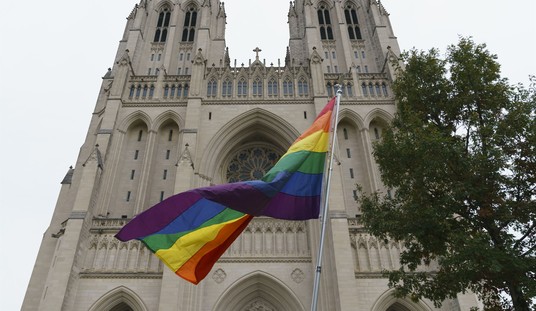
Once upon a time I used to be sleep at midnight. Of course, if I’d buckle down and get Tech at Night out the door a few hours earlier, then I’d be able to be asleep right now at midnight, I suppose. Regardless, here we go.
The FCC’s Net Neutrality vote is still on for the 21st, that is, Tuesday. Of course they’d miss the regular Tech at Night schedule after all of this. The FCC couldn’t make it easy on me, oh no. The good news though is that by now the storyline is that Republicans think the FCC is going too far, most Democrats are ready to move the heck on already, and radical Democrats think the FCC doesn’t go too far enough.
If the FCC were to try something radical, it’s clear the courts would have none of it, just as in Comcast v. FCC which started this whole mess. But that will take time and will scare off investment. Who benefits from an underinvested Internet? Nobody. So we’ve just got to push for the lightest possible touch from the FCC, but remind them that Fred Upton and company are waiting in case they try a fast one.
Because seriously, Acorn Active Media Foundation being for radical action is all we should need to know. They’re one of the few remaining allies that the crass neo-Marxists at Free Press still have.
Here’s an interesting step: The FTC head has endorsed an FCC plan along the lines of the Waxman bill. Some have said all along that the FTC has a more legitimate claim to authority here anyway, so this caught my attention.
Moving on, George Ou has some pretty pictures that explain why, despite claims to the contrary, that the amount of traffic Level 3/Netflix sends Comcast matters. Level 3 gets to be centralized. Comcast must be distributed. Labor costs go up. Capital costs go up. And even so, Comcast had been generous in allowing Level 3 a 2:1 traffic ratio for free. It’s only when that ratio went to 5:1 or higher that they had to pull the plug. There is nothing unfair about this, and government must not intervene.
Controversial software developer Theo de Raadt is in the news again. One of the co-founders of a milestone OS, NetBSD, he ended up kicked off that project, which led him to found another critical innovating OS, OpenBSD. OpenBSD is one of the most secure OSes out there, with a default install that has had remarkably few security holes, either local or remote. It went years before having even one remote hole that could be attacked over the network.
de Raadt tends to make trouble for himself though. Details surrounding his expulsion from NetBSD are not known in detail, but his bad attitude is widely cited as a key reason. Later in the OpenBSD project, he couldn’t help but rant against the US war to depose terrorist financier Saddam Hussein, even while receiving DoD DARPA money. DARPA of course saw no reason to fund a Canadian to Blame America First, so they yanked the grant.
Now he’s pointing fingers and claiming US government conspiracies to add back doors to OpenBSD code, which includes OpenSSH and (the software cited) IPSec, software widely used on other OSes as well. The problem is the claim is doubly dumb: Firstly, OpenBSD ought to be having code review of all checkins anyway. Secondly, the code is 100% open to the public and free for use, modification, and redistribution. Anyone can audit this code at any time. For de Raadt to make an accusation without being able to cite specific code is simply irresponsible. I wonder what Canadian libel laws are like.
And a closing thought: Democrats are searching for ways not to act on Wikileaks prosecutions. Lovely. Fortunately Lamar Smith, incoming House Judiciary Committee Chairman, plans to investigate as well.













Join the conversation as a VIP Member